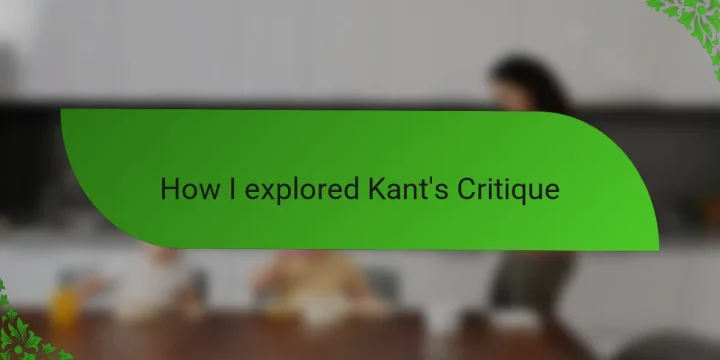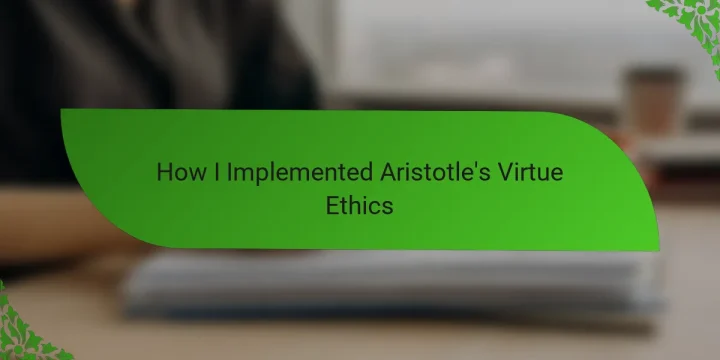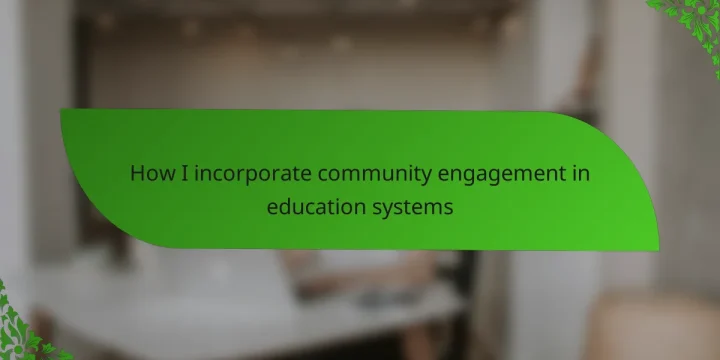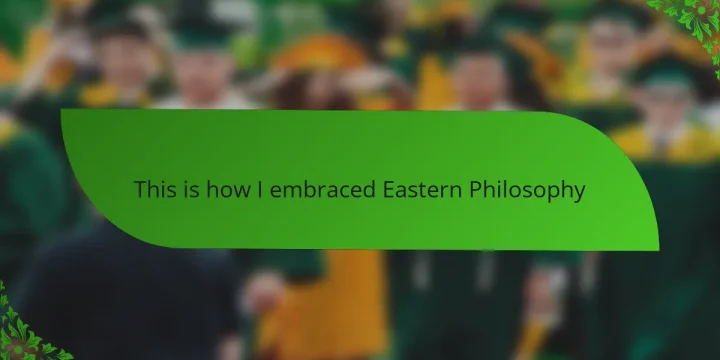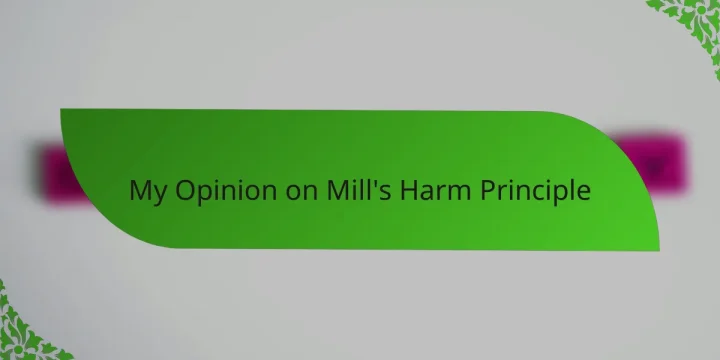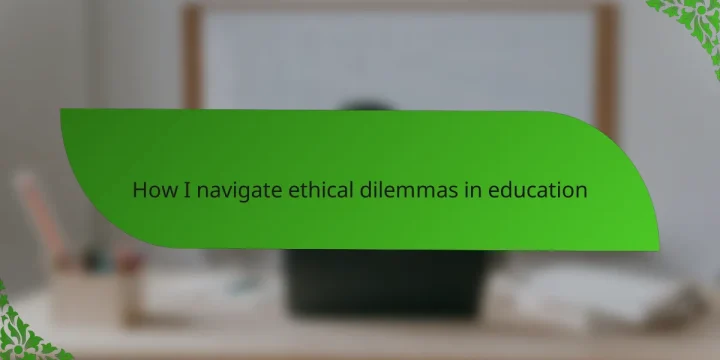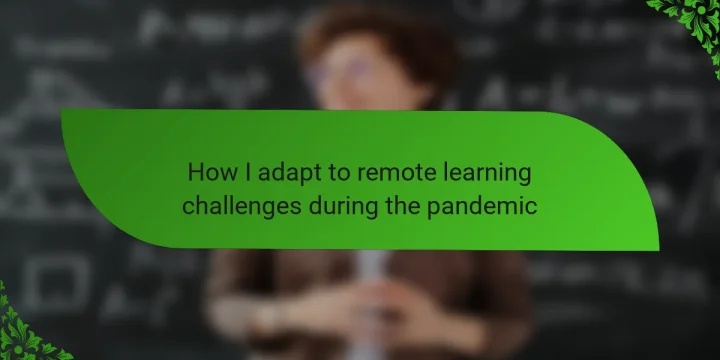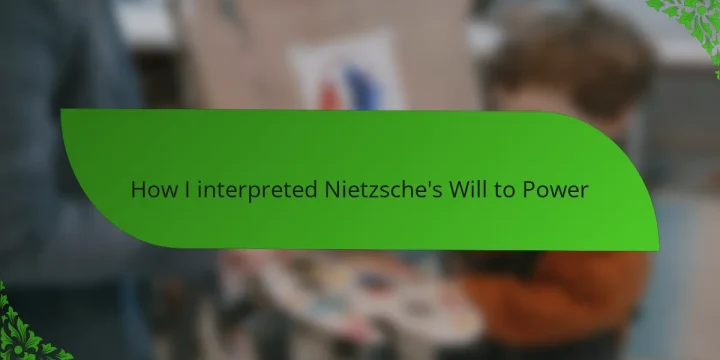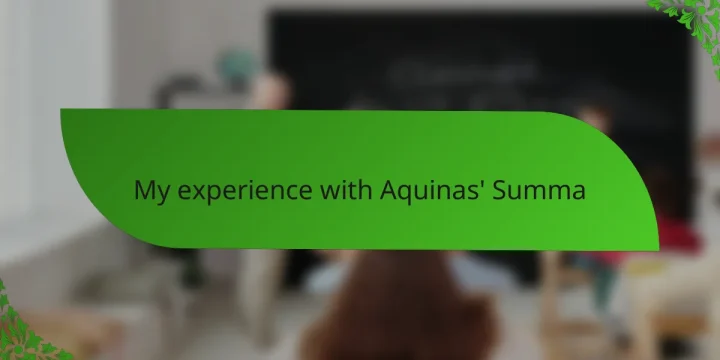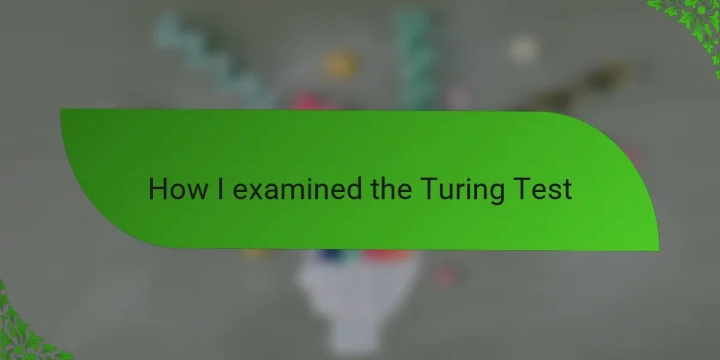
Key takeaways The Turing Test raises fundamental questions about the nature of intelligence, consciousness, and human interaction. Implementing the Turing Test in education fosters critical thinking and engages students in meaningful philosophical discussions about knowledge and understanding. Personal interactions with AI reveal the limitations of machines in capturing the nuances of human thought, especially in areas like humor and emotional context. The experience with the Turing Test encourages a reevaluation of how we define and value intelligence, both in machines and human interactions. Understanding the Turing Test in Philosophy Thinking about the Turing Test from a philosophical angle, I found myself wrestling with the question: Can a machine truly "think," or is it simply mimicking human behavior? This distinction fascinated me because it challenged my own assumptions about intelligence and…
